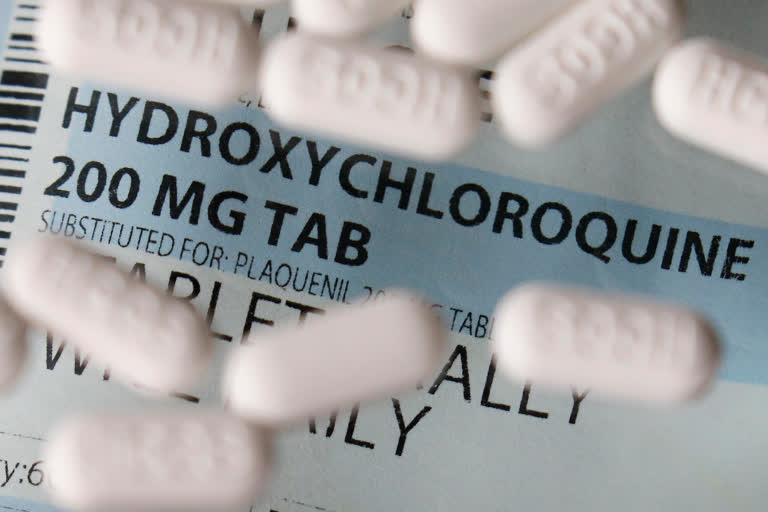Washington: A clinical trial has begun in the US to evaluate whether the anti-malaria drug hydroxychloroquine, given together with the antibiotic azithromycin, can prevent COVID-19 hospitalization and death, according to the National Institutes of Health (NIH).
Hydroxychloroquine is approved by the US Food and Drug Administration (FDA) to prevent and treat malaria, as well as to treat the autoimmune diseases rheumatoid arthritis and lupus, while azithromycin is an FDA-approved antibiotic, reports Xinhua news agency.
In a statement on Thursday, the NIH said that the trial will enroll approximately 2,000 adults across the US who are infected with COVID-19 and exhibiting symptoms of fever, cough or shortness of breath, according to the release.
The investigators anticipate that many participants will be 60 years of age or over or have comorbidity associated with developing serious complications from COVID-19, such as cardiovascular disease or diabetes, the NIH said.
Read Also:EU: Possible virus drug approval 'before the summer'
Participants will be randomly assigned to receive short-term treatment at home with either hydroxychloroquine and azithromycin or matching placebos, it said.
Those assigned to the experimental treatment group will take 400 mg of hydroxychloroquine twice on the first day and 200 mg twice daily for an additional six days. They will also take 500 mg of azithromycin on the first day and 250 mg daily for an additional four days.
The control group will receive equivalent numbers of placebo pills and neither the participants nor the study team will know who received experimental treatment or placebo until the end of the trial, according to the NIH.
